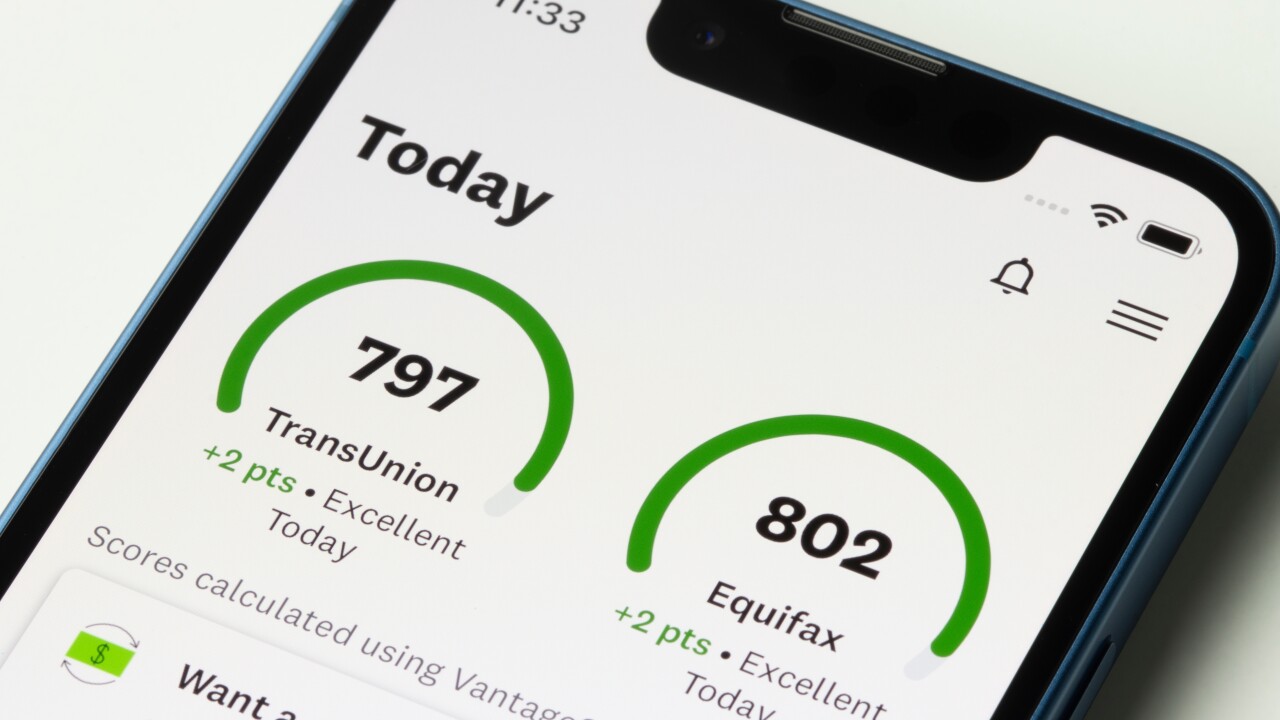Social Finance, the online lender that made its name refinancing student loans for high-earning millennials, is doubling down on mortgages as rising interest rates are expected to make originations scarcer.
The San Francisco startup began originating mortgages in October 2014 and reached $1 billion in cumulative volume in October 2016. Its monthly origination volume surpassed $100 million in December. SoFi's expansion plans include originating in New York, where it recently obtained a mortgage license.
"You should expect significant growth," SoFi's chief revenue officer, Michael Tannenbaum, said. Mortgages are "the product that we're looking for the fastest growth from our three main lending products." (The other two are the student refis and personal loans.)
SoFi is plotting its mortgage blitz following a bruising year for so-called marketplace lenders, in which investor demand dried up for the loans made on these online platforms — typically unsecured personal loans.
The company says it has endured by eschewing the strategy of some of its competitors in favor of product diversification and building up capital. SoFi raised $1 billion from the Japanese telecom giant SoftBank in 2015.
"The industry's realizing that it needs to be a lot more than what it was a year ago," said Mike Cagney, SoFi's CEO. "You need capital, a distributed buyer base and robust liquidity sources for your assets. You've got to have more than one product."
After the convulsions of 2016, "I don't think people are pushing back as much on these concepts," he said.
With interest rates expected to rise in 2017, loans to purchase homes will find stronger demand than mortgage refinancings. SoFi says it's well suited to compete in such an environment — roughly two-thirds of its mortgage originations are purchase loans.
The online lender entered the mortgage field with a 10% down jumbo product, which appealed to its well-to-do demographic.
"The nonbank lending space…a lot of it has been focused on FHA," Tannenbaum said. "There isn't a lot of nonbank jumbo."
SoFi will seek growth in mortgages partly by entering new markets. It began marketing to consumers in San Francisco, where its earliest student loan product customers were.
Now, it is picking new markets based on demand for its primary jumbo product.
"The plan is to continue to roll out a state licensing strategy," Tannenbaum said. "Our licensing strategy mirrored places where there were large jumbo balances."
So far, SoFi has received licenses in 27 states with the addition of New York.
Next on its list is Massachusetts — eventually the company wants to be licensed in all 50 states.
"SoFi wants to be the premier early career professional financial services company," Tannenbaum said. "Those people live in all 50 states and they want to own homes."
Tannenbaum said that the company has had discussions about rolling out a low-down-payment loan product, similar to those offered by large banks in 2016.
Aside from its purchase products, SoFi will continue to devote resources to other mortgage offerings. In 2016, SoFi
The product was released in early November and encountered a hurdle quickly out of the gate thanks to the post-election jump in rates.
"We chose to hold off on really marketing the product…because there was too much uncertainty and it's not a great time to market refis," Tannenbaum said, noting that the loans represent roughly 5% of SoFi's volume. The online lender now plans to make a greater push for the cash-out refis in the year ahead.
Beyond product offerings, SoFi is exploring the potential applications in mortgages of new technologies such as blockchains — the distributed, auditable, cryptographically secured ledgers that underpin bitcoin and other digital currencies. The company is among several groups studying whether these systems offer a better way to
"At a very high level, I can say that we feel there's a tremendous potential to intersect what's happening in blockchain with what happens in title insurance," Cagney said. "It's something we're very focused on and we're running some skunkworks efforts out of here."
Also in the works are plans to collaborate with Fannie Mae on strategies to count alternative forms of income when underwriting.
Last year the company
Outside of mortgages, SoFi's 2017 plan includes introducing deposit accounts (a product it's been discussing for a couple years) and credit cards.
The deposit accounts, in particular, are to be launched in two phases over the next year. They will provide SoFi with a missing element to its product suite. But the reason it needs deposit accounts isn't the one assumed by many observers, Cagney said.
"It's not to fund our loans," he said. "We lack the product. And the point of concern around that is that deposit account is the single highest transaction point, highest touchpoint and biggest cross-buy point into a member base. Not having it exposes us to the weakness of losing our members to a competing offer."
SoFi sees "cross-buying" (notably, the company does not use the term "cross-selling," which has been tarnished by the scandal at Wells Fargo) as a way to achieve economies of scale. It may spend $450 to profitably bring in a student loan customer; a mortgage for the same customer can generate another $15,000 to $27,000 in revenue with no acquisition cost. This helps explain why 27% of the company's mortgage customers have another product with SoFi.
As for other moves, such as applying for a fintech charter through the Office of the Comptroller of the Currency and going public, the online lender is in a wait-and-see mode.





